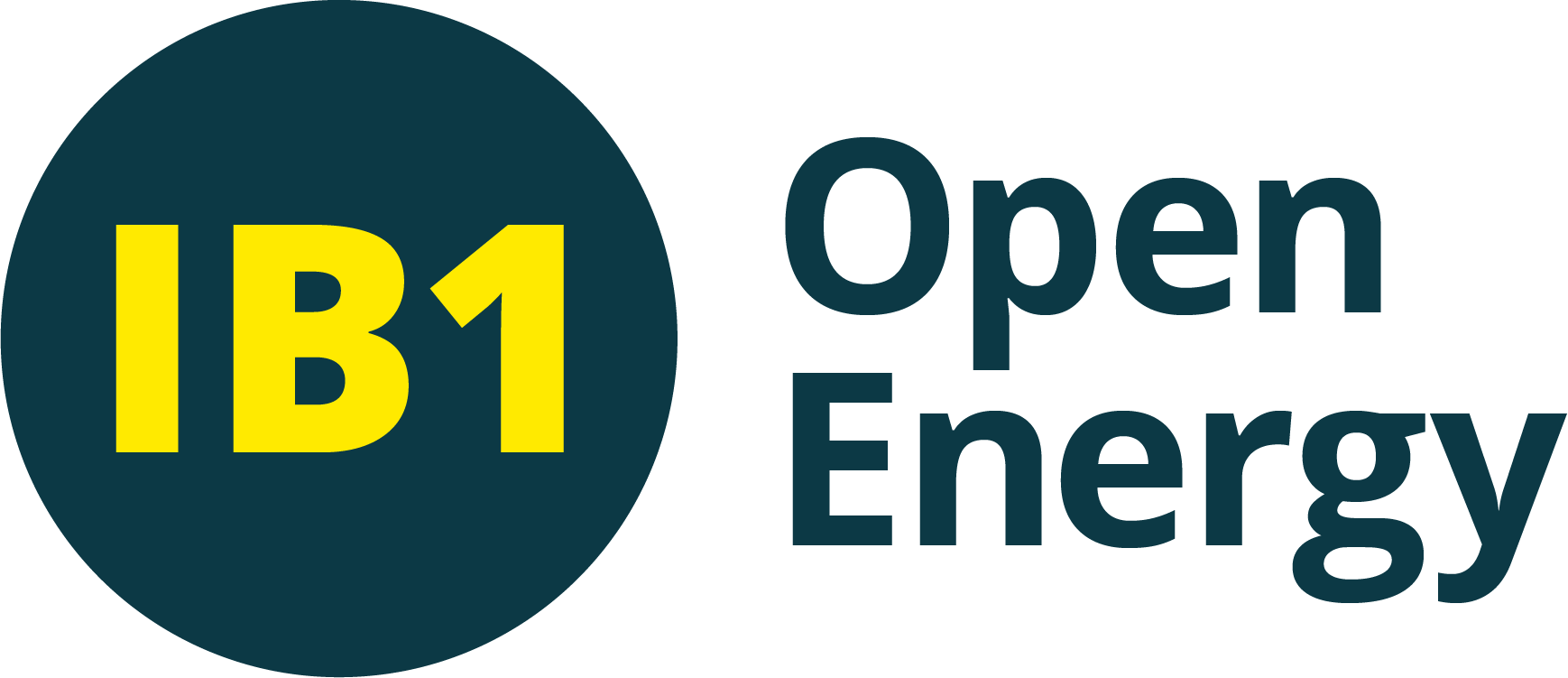London Climate Action Week webinar archive: video above, slide deck below.
- Our Phase 1 report and Appendix
- Our Phase 2 development:
- SBRI — Competition overview
Background
On Wed 16 Sept 2020 we curated a panel session at CogXtras — the archive video is below.
Open Energy aims to modernise access to energy data across industry and create an energy data ecosystem that works for everyone. Modernising energy data access means both understanding and responding to the fact that every asset, system, organisation and network in energy (and beyond) will be producers and consumers of data.
Systems will increase in complexity: they are not only being digitalised they are becoming data-driven. The growth in data connections will be exponential as the market matures.
Data users are diverse: from asset managers to Distribution Network Operators (DNOs) to consumers. The energy ecosystem must implement an architecture which can respond to this diversity, and scale in data-type, volume and connectivity, across use-cases, organisational and logistical boundaries, sectors and jurisdictions. Furthermore, it must deliver this in a secure, safe, robust and adaptable environment which addresses governance.
Our prior consultation in Phase 1 of the Modernising Energy Data Access (MEDA) competition, has confirmed:
- User needs are diverse, encompassing thousands of organisations, customers and society as a whole.
- There is no ‘single data platform’ approach that will (or should) address all needs.
- There is a material risk to implementation unless governance is addressed.
Centralised data architectures have not scaled effectively in any sector. Interviewees from Phase 1 expressed the need for a clear roadmap to transition from a fragmented data landscape to a robust, decentralised, federated data infrastructure. They believed that “there can be no single platform for all data and use-cases” and “there will be significant barriers to adoption around the centralisation of commercial data”.
With Presumed Open as a guiding principle, we must also apply the precautionary principle to innovation to address potential unintended consequences such as unexpected monopolies.
The architectural approach to developing domain-specific platforms, hubs, analytic networks, asset registries, catalogues, systems maps and so on requires a shift in thinking from ‘push’ to ‘pull’—as websites enable search engines to find and index them, a distributed architecture creates a dynamic market between data suppliers and consumers. This enables markets for many solutions including platforms, apps and related services, while control is retained at the organisational level.
We heard from dozens of experts that they see “no viable alternative” than to “address the upstream needs of data supply through an open, decentralised architecture with strong governance”. Further, “should that exist it would enable a multitude of solutions to emerge”.
Fortunately, we have 30-years evidence of the most successful information architecture in history: the web. We believe the energy sector must now embrace a ‘web of data’ approach.
We propose the development of an Open Governance Platform in concert with the market and regulators to establish a common approach to data-sharing, a cohesive and viable market architecture. This is the focus of our Phase 2 work.
Through deep stakeholder engagement, and with a strong focus on user needs, we are carrying out two core work streams, based around a specific local authority use-case:
- Convening stakeholders within the energy sector to explore our use case, build consensus, and through this develop a minimum viable proposition Open Energy standard. This will join existing work and best practice (such as the EDTF Data Best Practice Guidelines) with practical, testable examples to address data governance issues.
- Develop a prototype Open Energy Governance Platform building on the Open Banking Directory, enabling secure, controllable data access. This will demonstrate a participant identity service, a list of trusted participants and access control to data/metadata through API endpoints. In addition to this, capabilities such as a knowledge graph will be developed, enabling both a search & discoverability functionality and the ability to understand how links can be created between related assets and data sets.
We will be deploying an alpha system during November 2020.
